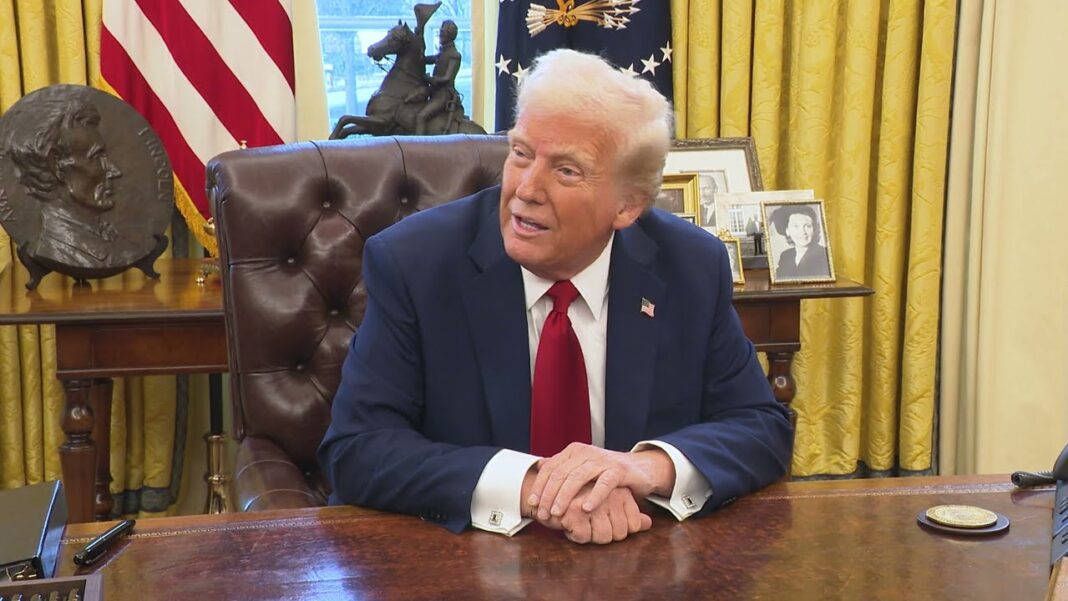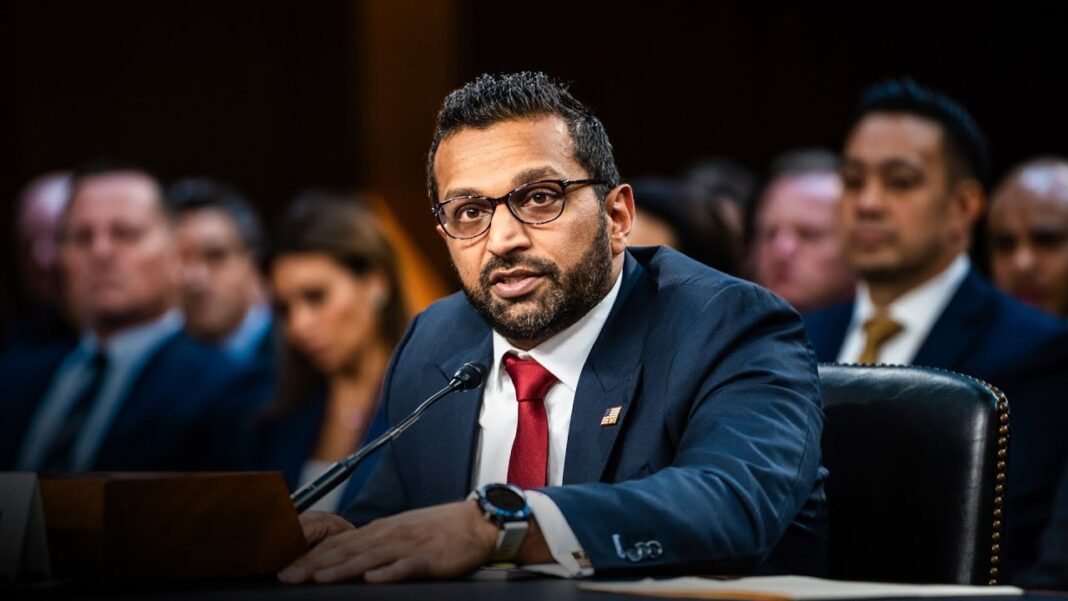Gabbard’s hearing was a bumpy affair, with the former congresswoman defending past statements on FISA, Snowden, Russia, and surveillance abuses.
Former Congresswoman Tulsi Gabbard, nominee for director of national intelligence, appeared before the Senate Select Committee on Intelligence on Jan. 30 for her confirmation hearing.
Gabbard previously served in the House as a Democratic representative for Hawaii from 2013 to 2021 and was a member of the House Committees on Foreign Affairs, Homeland Security, and Armed Services, including its Subcommittee on Intelligence and Special Operations.
She joined the Hawaii Army National Guard in 2003, transferred to the Army Reserve in 2020, and currently holds the rank of lieutenant colonel.
Then-President-elect Donald Trump nominated Gabbard in November 2024, saying she would help defend the security and constitutional freedoms of all Americans.
Gabbard’s fitness for the role has been questioned by both sides of the aisle because of her stances on intelligence collection and U.S. interventionism.
Here are four key takeaways from the confirmation hearing.
Support for FISA 702 Scrutinized
Gabbard has often been at odds with the intelligence establishment in Washington over her long-held belief that Section 702 of the Foreign Intelligence Surveillance Act (FISA) should be repealed.
That statute allows U.S. intelligence agencies to conduct surveillance of foreign targets on a massive scale in a process that sometimes inadvertently collects the sensitive private data of U.S. citizens.
The program was notoriously abused by the FBI to solicit data on Americans more than 3.4 million times without a warrant from December 2020 to November 2021. This month, a federal judge ruled that the warrantless search of information gleaned from the program was unconstitutional.
During her time in Congress, Gabbard attempted to repeal FISA 702 and the Patriot Act, which granted the authority to wiretap Americans’ communications.
In the leadup to the Jan. 30 hearing, Gabbard softened her stance on the issue and ultimately testified that such surveillance was an essential part of the U.S. national security apparatus.
“702 provides a unique tool and capability that is essential for our national security,” Gabbard said during the hearing, noting that “significant FISA reforms have been enacted” since her time in Congress.






